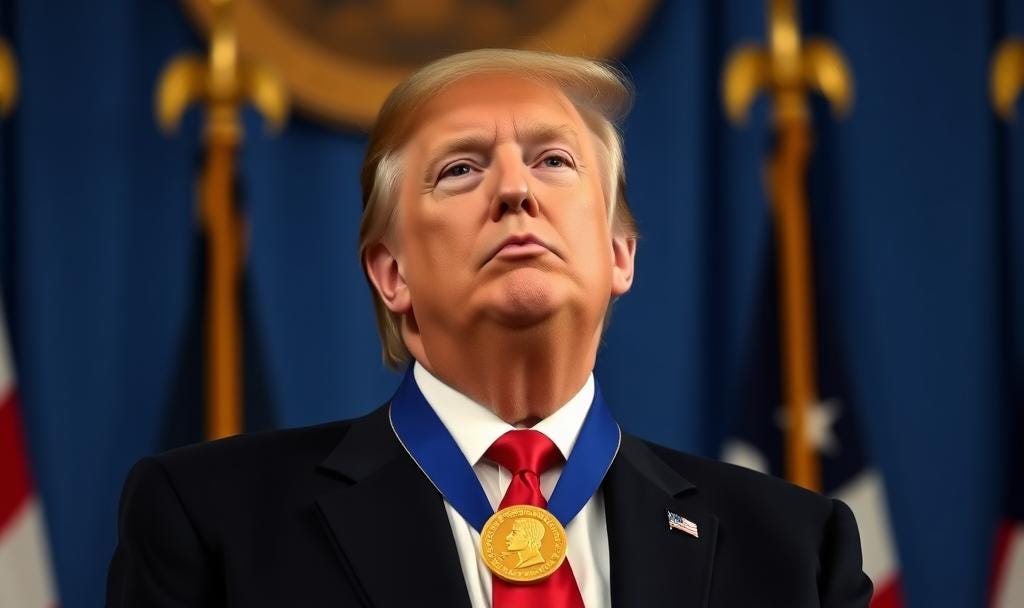How a Nobel Prize became Trump’s new foreign policy
Donald Trump’s obsession with the Nobel Peace Prize is reshaping U.S. diplomacy — with India losing out while Pakistan cashes in
By Sanjay Dubey
The Nobel Prizes, established by the will of Swedish industrialist and inventor Alfred Nobel, are widely regarded as the most prestigious awards given for intellectual achievement and contributions to humanity in the world. Among these, the Nobel Peace Prize holds a unique global significance. It is an extraordinary honor that contributes significantly to the global image, historical legacy, and domestic standing of the most powerful people in the world. It places them among a rare group of global figures such as Nelson Mandela, Dalai Lama, Theodore Roosevelt, and Barack Obama.
The Prize seems to hold even greater significance for U.S. President Donald Trump. He has often expressed frustration at not winning the award and openly questioned the Nobel Committee's past decisions, saying, ‘they only give Peace Prize to liberals (read democrats)’. His predecessor, Barack Obama, was awarded before he completed the first year of his presidency, which makes him a special target of Trump. This stands in stark contrast to most former presidents, who rarely, if ever, publicly campaigned for or complained about not winning the prize.
For Donald Trump, winning the Nobel would mean rewriting a century of its history, particularly for U.S. Presidents. To date, only four U.S. Presidents—Theodore Roosevelt (1906), Woodrow Wilson (1919), Jimmy Carter (2002), and Barack Obama (2009)—and one Vice President, Al Gore (2007), have been laureates. Notably, Theodore Roosevelt, awarded 119 years ago, stands as the sole Republican among them. In stark contrast, three of the four Democratic recipients have won the prize in the present century alone.
Nobel moves
According to the will of Alfred Nobel, the Nobel Peace Prize is to be awarded to those who have "done the most or the best work for fraternity between nations, for the abolition or reduction of standing armies and for the holding and promotion of peace congresses.


